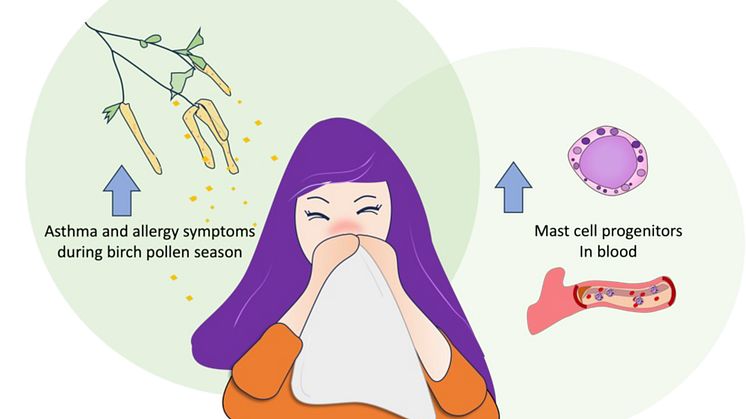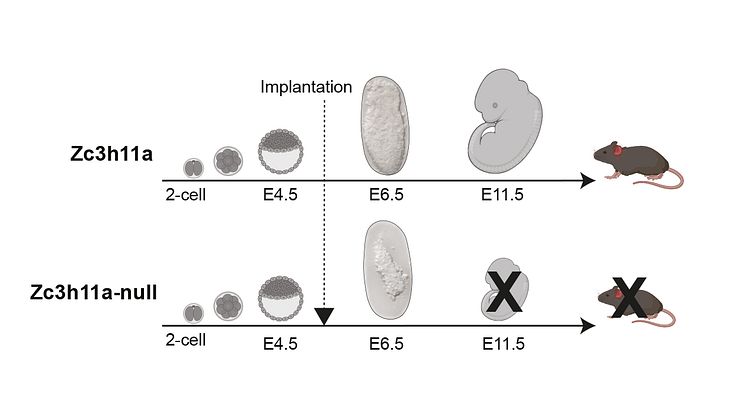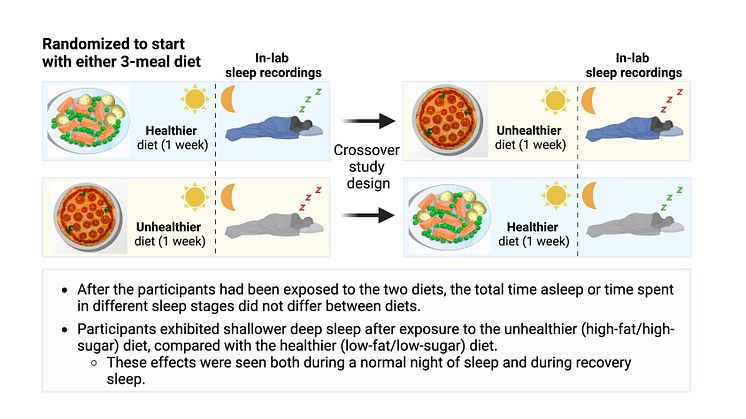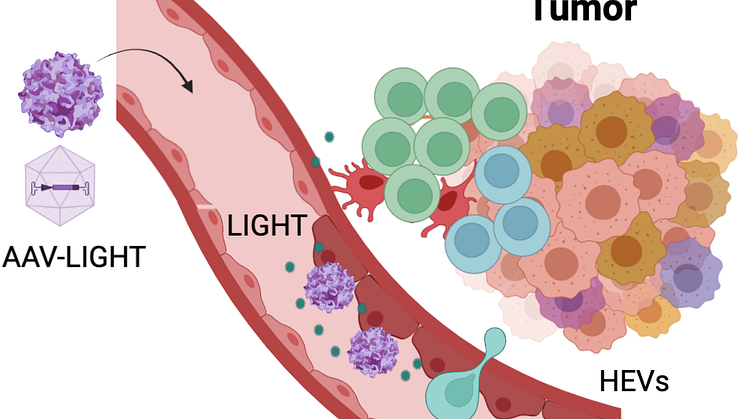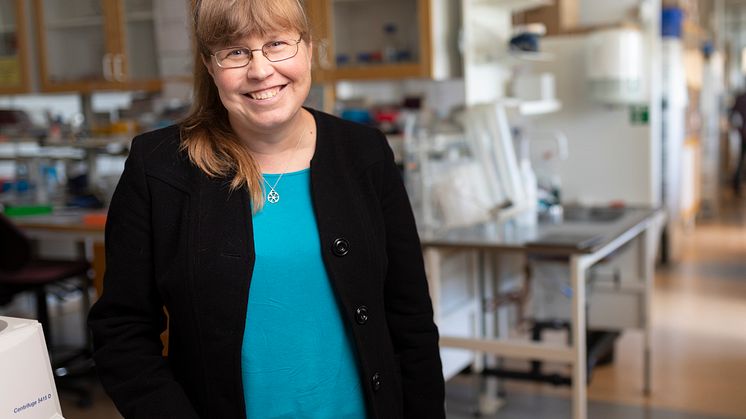Location of strong sense of discomfort in brain found
Researchers have identified a new neural circuit in the brain which produces a strong sense of discomfort when activated. The discovery also allows them to show for the first time that the subthalamic nucleus, a structure in the brain that controls voluntary movements, may also play a role in the development of depression. The results could lead to better treatments for Parkinson's disease.


